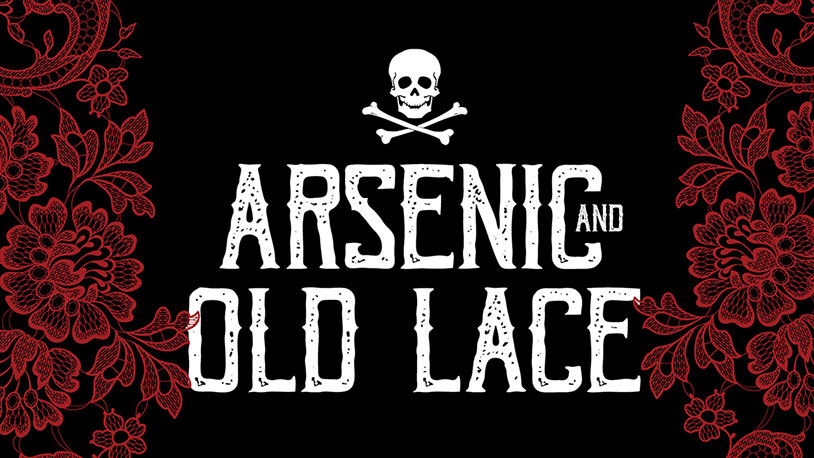Autism spectrum disorder, usually referred to as autism, is a disability that affects many people.
The condition causes developmental delays alongside social and behavioral difficulties. Autism is a spectrum, meaning that it affects everybody differently. Autism Acceptance Month is celebrated every April. The movement advocates for individuals with the condition to be included in society and accepted for who they are.
According to the University of Washington, Autism Acceptance Month was previously called Autism Awareness Month until 2021. This change was made to shift the focus from spreading awareness to welcoming those with autism.
There are many signs that an individual may have autism. The Mayo Clinic breaks the symptoms down into two main categories, social and behavioral. The organization lists these as some indicators of the condition:
• Trouble maintaining eye contact
• Lack of or delayed speech
• Difficulty with nonverbal social cues
• Repetitive movements
• Difficulty accepting changes in routine
• Coordination problems
• Sensitivity to external stimuli
• Specific food preferences
These are only a few of the symptoms, and it is important to note that not everyone experiences every single symptom. Everybody experiences autism differently, although similar symptoms may be present in a lot of people.
While autism has no singular cause, the Mayo Clinic states that genetics may play a role. Research regarding environmental factors and autism development is ongoing. The organization also states that despite the myths, there is no correlation between childhood vaccinations and autism.
Alex Watson is an MCC student who has autism. Watson states that his condition has affected most aspects of his life.
“For my autism in particular, it was mostly just mental stuff such as anxiety, nervousness, or slow learning process,” Watson said. “Still, I’ve mostly gotten used to it and have learned to cohabit alongside it and not let it be my defining trait.”
In Watson’s experience, the most challenging part of autism is socially interacting with others.
However, Watson credits his job for helping him cope.
“Through my job, I have been able to communicate with many different kinds of people in brief moments of conversation,” Watson said. “This has helped me slowly build up my confidence to interact with people more socially.”
The Autistic Self Advocacy Network is an organization that seeks to empower individuals with the condition. The organization states that there is no cure for autism, and while medical professionals can diagnose it, self-diagnosis is widely accepted.
Denise Andresen is an Academic Support Coach at MCC. Andresen was the faculty sponsor for the since-renamed Neurodiversity Club and stated that learning about autism was a worthy investment.
“Learning about autism was extremely beneficial to me,” Andresen said. “It has enriched my college career experiences and has assisted me in my interactions with those I now coach.”
Despite the festivities of Autism Acceptance Month, those with autism still face barriers in society.
Watson states that it is common for people to unfairly judge and avoid those with autism due to abnormal behavior.
“One needs to be patient when dealing with someone who has autism,” Watson said. “We should not judge people simply based on their out-of-the-ordinary habits or quirky personality traits.”
Andresen has a similar message to those in the MCC community.
“Get involved or at least become open,” Andresen said. “Appreciate the diversity and incredible gifts those with autism offer our community.”
The University of Washington mentions that there are many resources available to assist people with autism. The university also provides many examples of organizations seeking to help children and adults with this condition.
Watson believes that autism acceptance has the power to change the world.
“We [can] open a whole world of endless possibilities to embrace kindness and compassion over paranoia and mistrust,” Watson said. “By believing in autism acceptance, we can make a good start to getting to a brighter future.”
Autism acceptance is not only important in April but year-round. Autism is not going away, and it is crucial to include those who face obstacles in society. Everyone deserves to be accepted and appreciated, and those with autism are no different.













